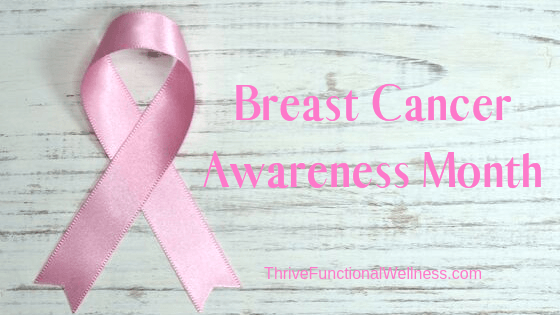
03 Oct Breast Cancer Awareness Month – Statistics & Prevention
October is Breast Cancer Awareness Month, an annual campaign aimed to increase awareness of the disease and help those affected by breast cancer through early detection, education and support services.
The fact is, all women are at risk for breast cancer, and the most common risk factors for breast cancer are: Being female and getting older. Although women make up the a majority of breast cancer patients, men are at risk of developing the disease as well.

Some sobering statistics from the National Breast Cancer Foundation (NBCF) are:
In 2019, it’s estimated among U.S. women there will be:
- 268,600 new cases of invasive breast cancer
- 62,930 new cases of in situ breast cancer
- 41,760 breast cancer deaths
For U.S. men:
- 2,670 new cases of invasive breast cancer
- 500 breast cancer deaths

Research shows that lifestyle changes can decrease the risk of breast cancer, even in women at high risk. The NBCF also shares a list of helpful preventative tips to lower your risk:
- DO NOT smoke. Evidence suggests a link between smoking and breast cancer risk, particularly in premenopausal women.
- Limit alcohol. The general recommendation — based on research on the effect of alcohol on breast cancer risk — is to limit yourself to less than one drink a day, as even small amounts increase risk.
- Weight Management. Being overweight or obese increases your risk of breast cancer. This is especially true if obesity occurs later in life, particularly after menopause.
- Get physical. Physical activity can help you maintain a healthy weight, which helps prevent breast cancer. Most healthy adults should aim for at least 150 minutes a week of moderate aerobic activity or 75 minutes of vigorous aerobic activity weekly, plus strength training at least twice a week.
- Limit dose and duration of hormone therapy. Combination hormone therapy for more than three to five years increases the risk of breast cancer. A functional medicine approach to menopausal symptoms uses all natural supplementation, nutrition education and other natural tools that are more beneficial to your health.
- Avoid exposure to radiation and environmental pollution. Some research suggests a link between breast cancer and cumulative exposure to radiation over your lifetime. Reduce your exposure by having such tests only when absolutely necessary.
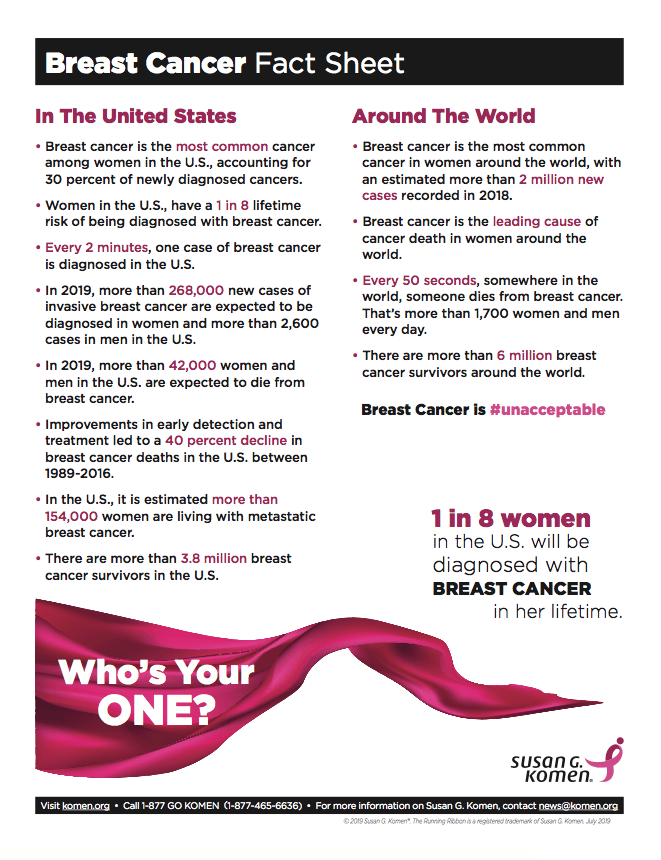
There is a plethora of research that points to the effect toxins, sugar, soy, the foods we eat and the products we choose to use in our homes and workplace can increase your risk of cancer. At Thrive Functional Wellness Center, we address these issues in our wellness program, and help you implement preventative measures that work for you.
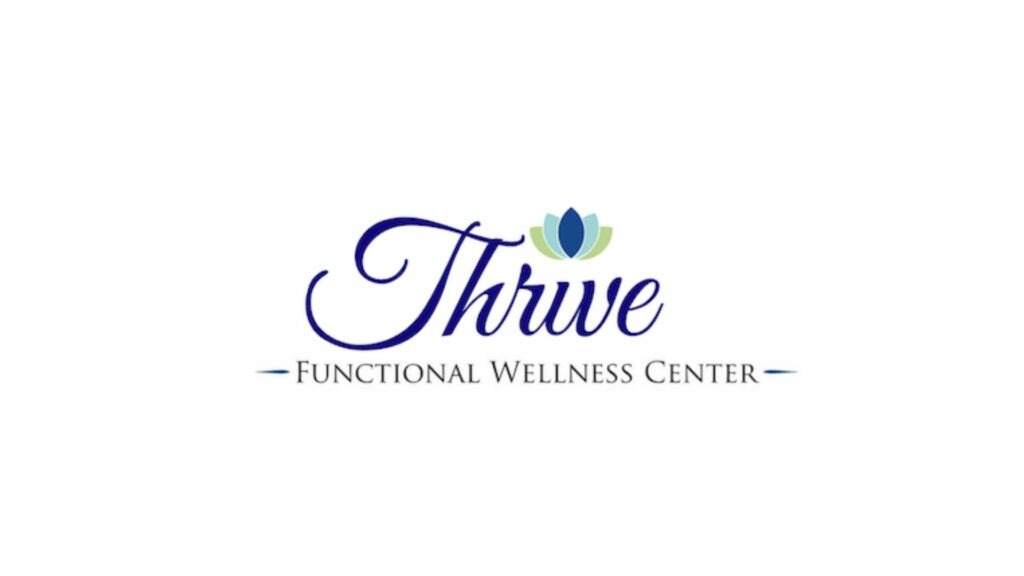
If you are ready to take a step toward optimum health, contact us today or attend one of our free events to learn more about our practice.
Important Information: Dr. Rappe, D.C. is a certified functional medicine practitioner and is not a medical doctor. The information presented and/or supplements prescribed is not intended to take the place of your primary care physician’s advice and is not intended to diagnose, treat, cure or prevent any disease. Discuss our information with your own primary care physician to determine what is right for you. All information obtained in our office, from our website, social media pages, private member groups, health coaching services or other communications is intended for your general knowledge only and is not a substitute for medical advice from your primary care physician or treatment for specific medical conditions.
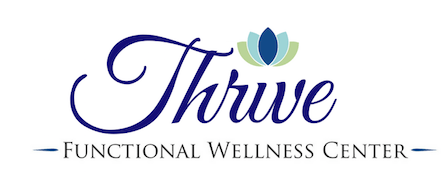


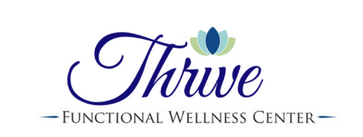

Sorry, the comment form is closed at this time.